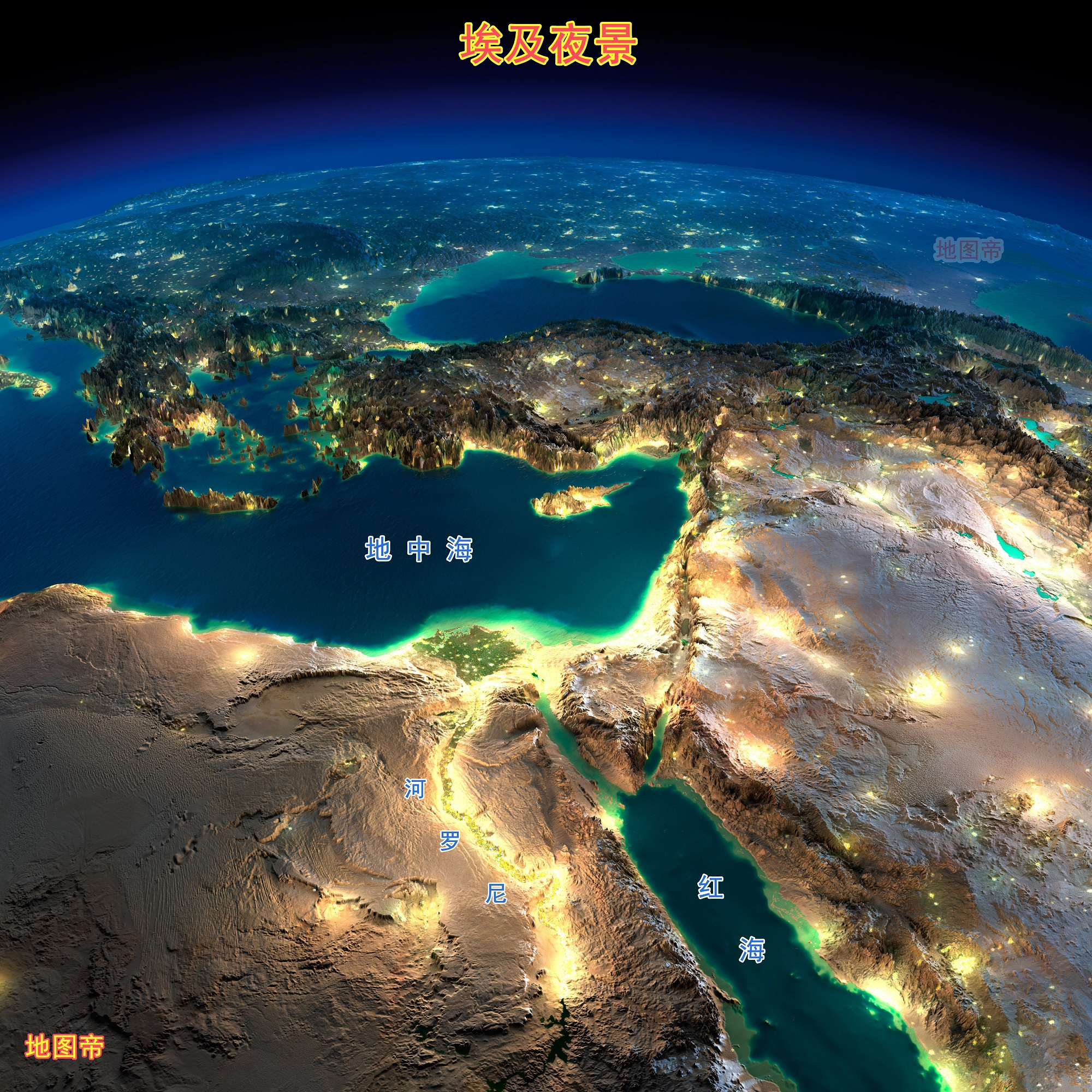Suez Canal blockage highlights global supply chain risks

- Date: Apr 06, 2021
- Comments: no comments
- Categories: News
With the successful escape of the stranded cargo ship “Long Give” recently, the Suez Canal in Egypt is gradually returning to normal traffic. Analysts believe that after the complete restoration of canal traffic, the identification of accident liability and compensation for damages will become the focus in the short term, while in the long term, attention needs to be paid to how to strengthen the risk management of the global supply chain.
The Egyptian Suez Canal Authority announced on the evening of April 1 that from the reopening of the canal on the evening of March 29 to the evening of March 31, a total of 194 cargo ships with a total net tonnage of 12 million tons passed safely. 87 ships with a total net tonnage of 5.6 million tons passed smoothly, and the backlog of ships in the canal was gradually evacuated.
The Suez Canal is located at the key point of Europe, Asia, and Africa. It connects the Red Sea and the Mediterranean Sea. It is one of the busiest trade channels for oil, refined fuel, grain and other goods between Asia and Europe. Data show that in global maritime logistics, about 15% of cargo ships pass through the Suez Canal.
The Egyptian Pyramid Online website quoted the chairman of the Suez Canal Authority of Egypt, Usama Rabie, as saying that the canal authority’s one-time claim for the “Long Grant” cargo ship grounding accident will exceed US$1 billion to compensate. Losses caused by the suspension of the canal for 6 days and related rescue costs.
Rabie said that the Canal Authority is currently calculating the input cost of rescue work and the cost of repairing the damaged river embankment. It is estimated that the loss of income caused by the forced suspension of the canal is approximately US$14 to 15 million per day.
According to the Egyptian Pyramid online website, the incident may cause huge losses to the global reinsurance industry.
Industry experts said that the blockage of the Suez Canal highlighted the fragility of the global supply chain, and all parties should pay enough attention to strengthening the resilience and flexibility of the supply chain.
Hani Barzi, chairman of the Egyptian Food Industry Export Council, told the media that this incident has a certain impact on Egypt’s export trade and global logistics, and some products may be delayed in delivery.
The Egyptian official “Pyramid” recently quoted Norwegian School of Economics professor Roal Adrand as saying that global container shipping and trade in many bulk commodities rely on the Suez Canal to a high degree. Once more serious problems occur in the channel, global shipping And the supply chain will be negatively affected.
Many shipping experts said that slight delays or congestion in the Suez Canal can disrupt the delivery of goods. The severe congestion that lasted for many days had a greater impact on the global supply chain. Consumers are likely to pay for this.
Adeland said that uncertain factors such as the blockage of the canal have hit global logistics, indicating that the global supply chain does not have a good hedging method in the face of sudden and uncontrollable factors, and risk management needs to be strengthened.







No Comments Yet.